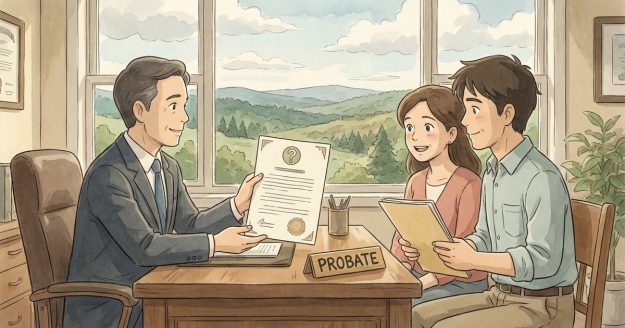If the estate is insolvent, what happens to medical bills and other creditor claims—do they get denied and how is that handled? nc
If the estate is insolvent, what happens to medical bills and other creditor claims—do they get denied and how is that handled? – North Carolina Short Answer In North Carolina, an insolvent estate usually does not “deny” medical bills and other creditor claims just because there is not enough money. Instead, the personal representative pays…











